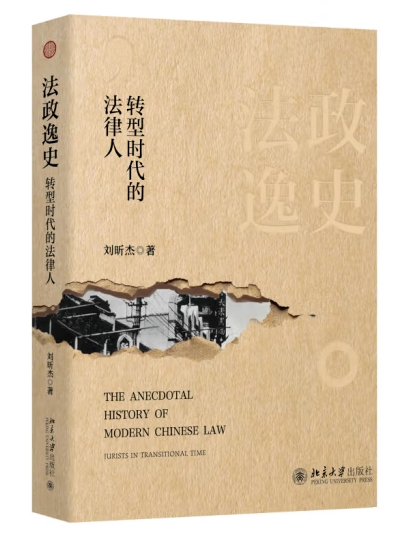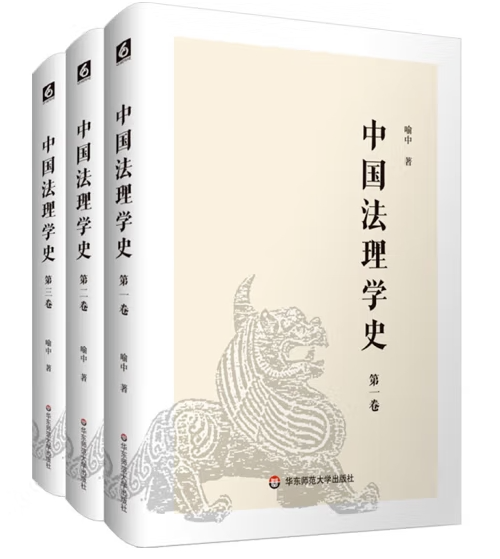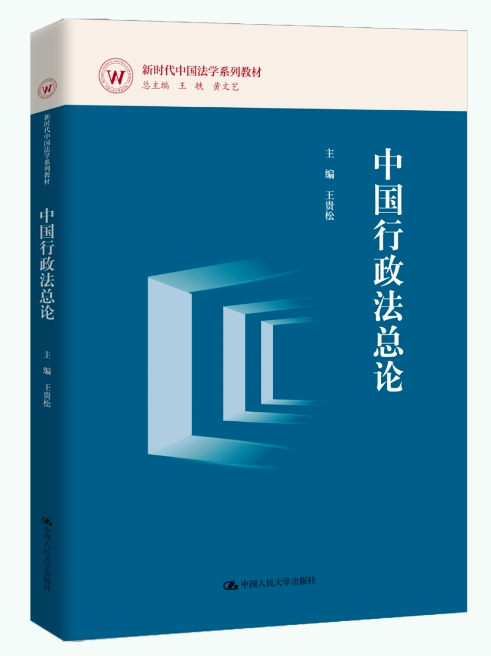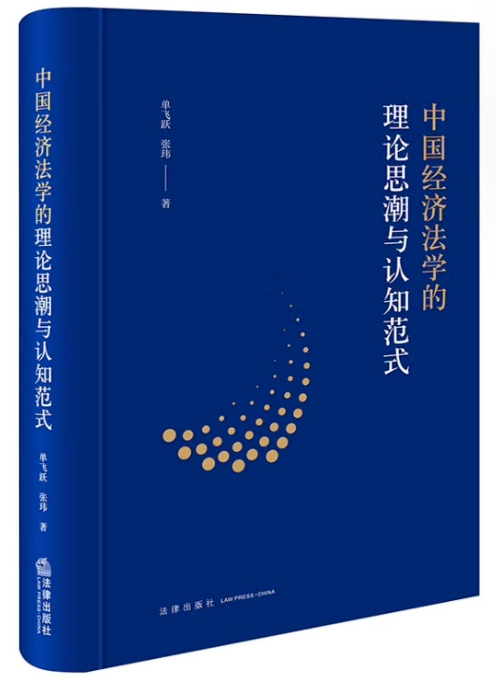With a magnificent volume of three volumes and one million words, this book leads readers from the budding jurisprudence of Gao Yao in ancient times to the peak of Han Fei's jurisprudence, then from the rise of Confucian jurisprudence in the Han Dynasty to the return to its original position in the Qing Dynasty, and finally to the rebirth of modern jurisprudence in times of internal and external troubles. This is not only a history of jurisprudence, but also a history of the thought of civilization, an academic symphony that connects tradition and modernity, East and West.
Volume 1, from Gao Yao in the era of Yao, Shun, and Yu to the various schools of thought in the pre-Qin period, Han Fei's jurisprudence is both the end point of pre-Qin Legalism and the summary of the entire pre-Qin jurisprudence. Volume 2, from Jia Yi in the Han Dynasty to Dai Zhen in the Qing Dynasty, the repeated entanglement of Confucianism, Taoism, Legalism, and Buddhism outlines the winding trajectory of Chinese jurisprudence over two thousand years. Volume 3, from the Opium War to the founding of New China, jurisprudence transformed in times of internal and external troubles, reflecting the ideological clash of Chinese civilization in the process of modernization.
This book not only explores the core issues of jurisprudence from a profound academic perspective, but also interprets classic texts and cases with a popular touch, opening up the profound jurisprudence to today's readers. Professor Yu Zhong, based on the academic examples of predecessors such as Liang Qichao, continues the tradition, introduces new ideas, and uses a cross-cultural perspective to make Chinese jurisprudence and Western jurisprudence shine on each other, allowing readers to re-examine the origin of the rule of law in the collision of ideas.












